Neurological Conditions, Brampton
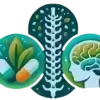
Neurological Pain Management, Naturopath Clinic, Brampton
Our Trusted Brampton Naturopath Clinic at “Brampton Naturopath Osteopath Clinic” offers a range of therapies to help treat neurological conditions. Our naturopathic doctors are trained in various approaches, including botanical medicine, homeopathy, and acupuncture. These treatments may involve dietary modifications, supplements, and other lifestyle adjustments to support optimal health and healing.
Naturopathic doctors often have a more holistic approach to medicine and believe that the body has an innate ability to heal itself. They may also use therapies like acupuncture or massage to help improve neurological function. Naturopathic doctors may also use dietary and lifestyle counselling to help support patients in their treatment.
Neurological Conditions are diseases or injuries that affect the brain and nervous system. There are a number of neurological conditions that can affect people in different ways. Some of these conditions, such as Alzheimer’s disease, can be very serious and require professional care if they are to be managed adequately. Other neurological conditions, such as stroke or concussion, can result in significant injury or even death.
It is important to be aware of the signs and symptoms of these conditions in order to get treatment as soon as possible. Neurological conditions can be caused by a variety of factors, including injury, disease, or birth defects. Most neurological conditions require treatment by a doctor.
Brampton's Best Naturopathic Doctors and Practitioners
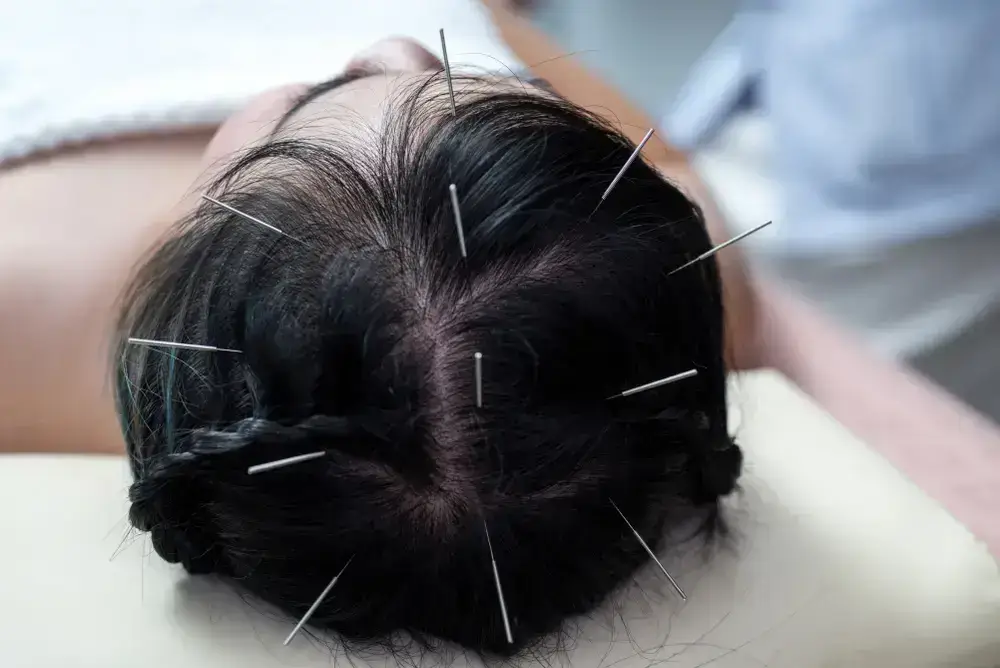
Bell’s Palsy (Facial Nerve Paralysis)
There are more than 100 different types of facial nerve paralysis; Bell’s palsy is one of them. Bell’s palsy is a condition of the face that can cause paralysis on one side of the face. It is named after Canadian doctor James Bell, who first described it in 1876.
Bell’s palsy affects people of all ages, but is most common in adults over 40. The cause is unknown, but it is believed to be caused by a virus. Symptoms include paralysis of the facial muscles, drooping eyelids, and difficulty speaking. Bell’s palsy is a debilitating disorder of the facial muscles. It can lead to difficulty with speech, eating, and breathing.
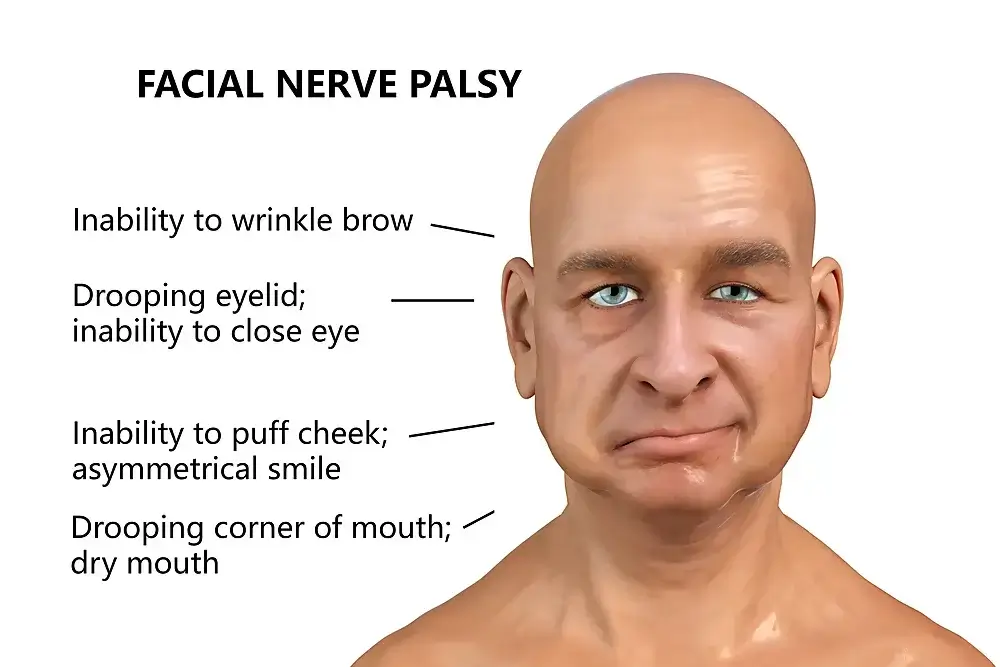
Carpal Tunnel Syndrome
Carpal tunnel syndrome is a condition that affects the median nerve, which passes through the carpal tunnel. The syndrome results from compression of the nerve in the carpal tunnel. Symptoms can include tingling, numbness, and pain in the hand and arm.
Treatment typically includes rest, physical therapy, and pain medication. It can be caused by a number of factors, including repetitive use of the hands, injury, or genetics.

Diabetic Neuropathy
There are many types of neuropathy and diabetic neuropathy is one of them. Diabetic neuropathy is a condition that occurs when the nerves in the feet and hands don’t function properly because of diabetes.
This can cause problems with your feet, such as pain, difficulty walking, and circulation problems. Diabetes also affects the nerves in your hands, which can make them weak and cause tingling, numbness, and inability to feel heat or cold.
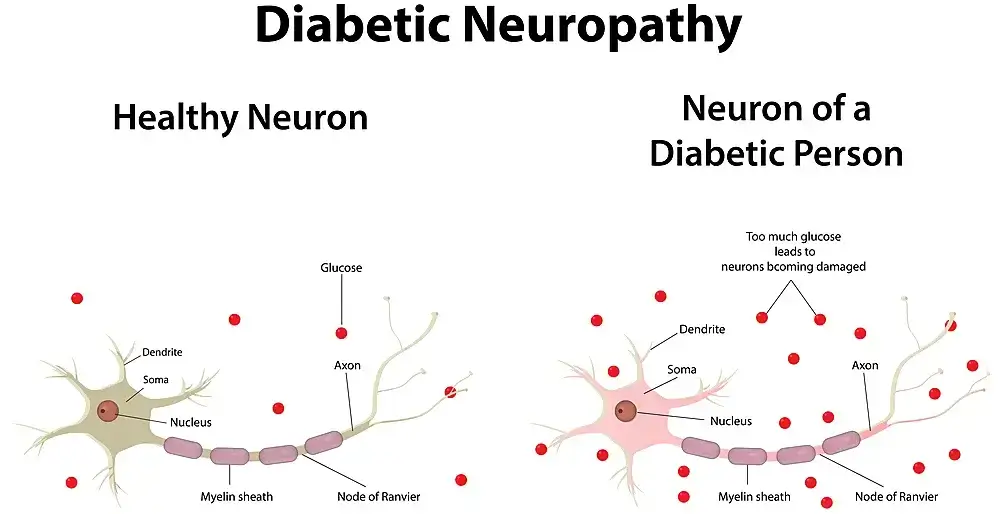
Genitourinary/Renal System Conditions
The kidneys are responsible for the filtration and regulation of blood flow through the body. They are also involved in the production of urine. If the kidneys are not functioning properly, it can lead to a variety of health problems, including renal failure.
Naturopathic treatments are often used in conjunction with conventional medical treatments as part of an integrative approach to managing kidney-related illnesses.
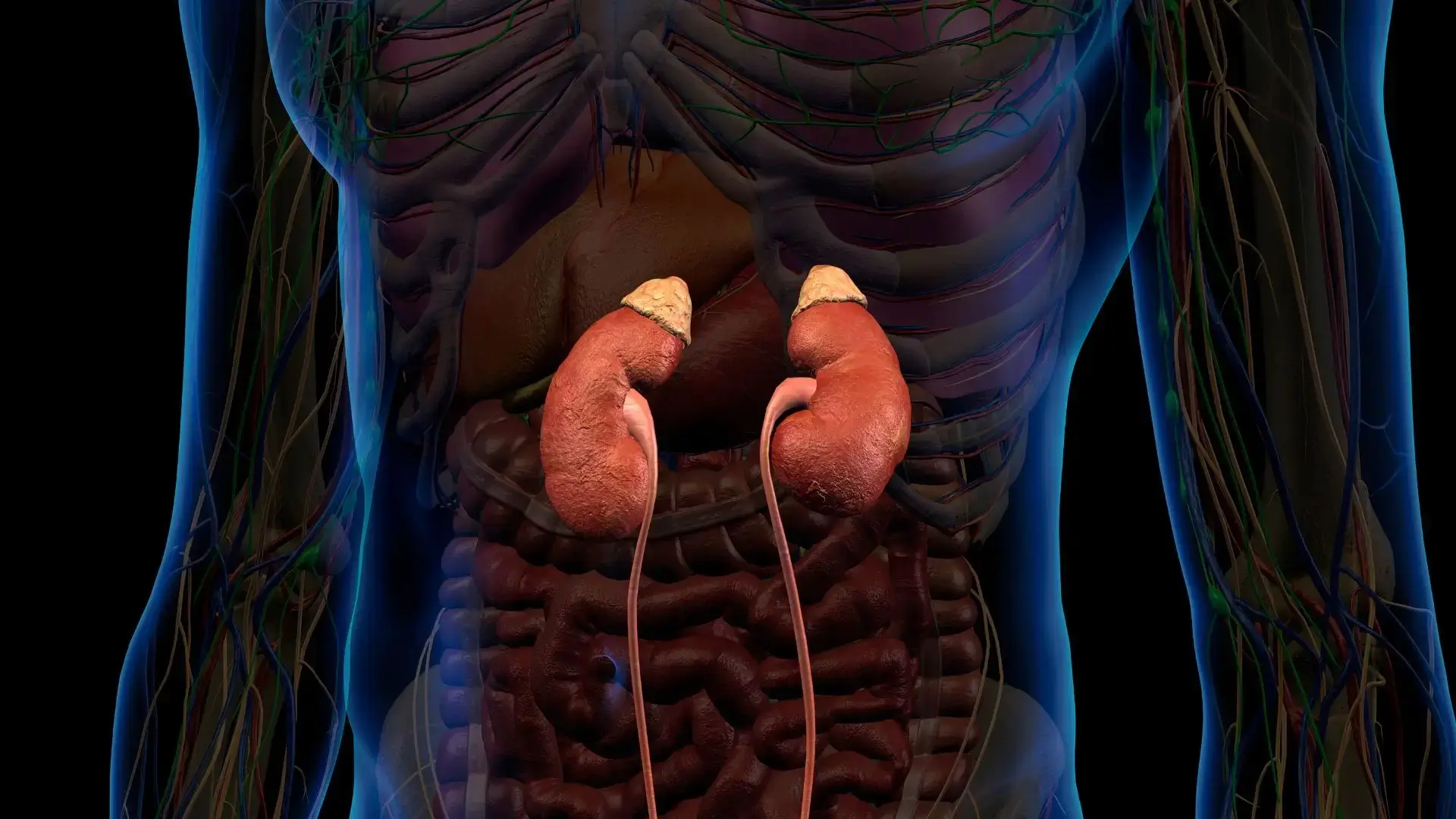
Glomerulonephritis
About 1 in every 3 will develop glomerulonephritis at some point in their lives. Glomerulonephritis can occur when the small blood vessels that supply blood to the kidneys become inflamed (called glomeruli).
This inflammation can damage the kidney’s filtering system, leading to serious health problems. There are many things you can do to prevent or reduce the chances of developing glomerulonephritis, including getting regular exercise, maintaining a healthy weight, and avoiding tobacco smoke.
This inflammation can damage the kidney’s filtering system, leading to serious health problems.
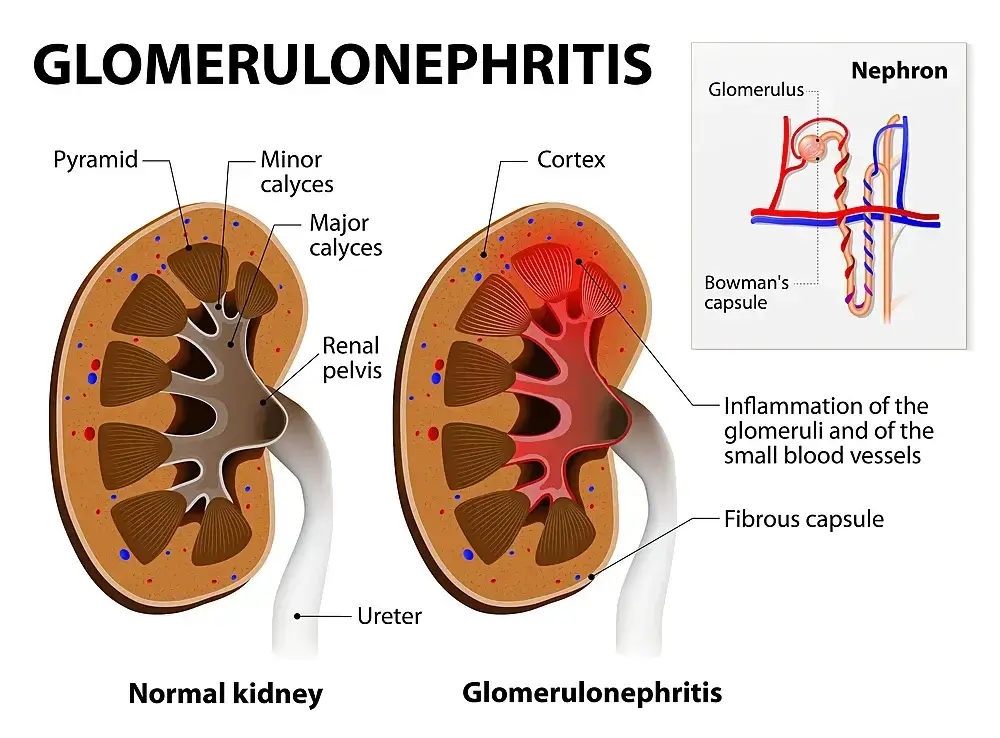
Kidney Stones
Kidney stones are small crystalline masses that can form in the kidneys. They are most common in people over the age of 50, but can also occur in younger adults.
A kidney stone is a solid, painless (and rarely painful) mineral deposit that forms in the urinary tract. Stones are usually formed of calcium or struvite, but may also be composed of other minerals such as oxalate, uric acid, cystine and phosphate.
Kidney stones can cause pain and difficulty urinating. They can also lead to complications such as infection, blood clots, and even death. If left untreated, stones can cause serious health problems.
The best way to prevent kidney stones is to have a healthy diet and drink plenty of water.
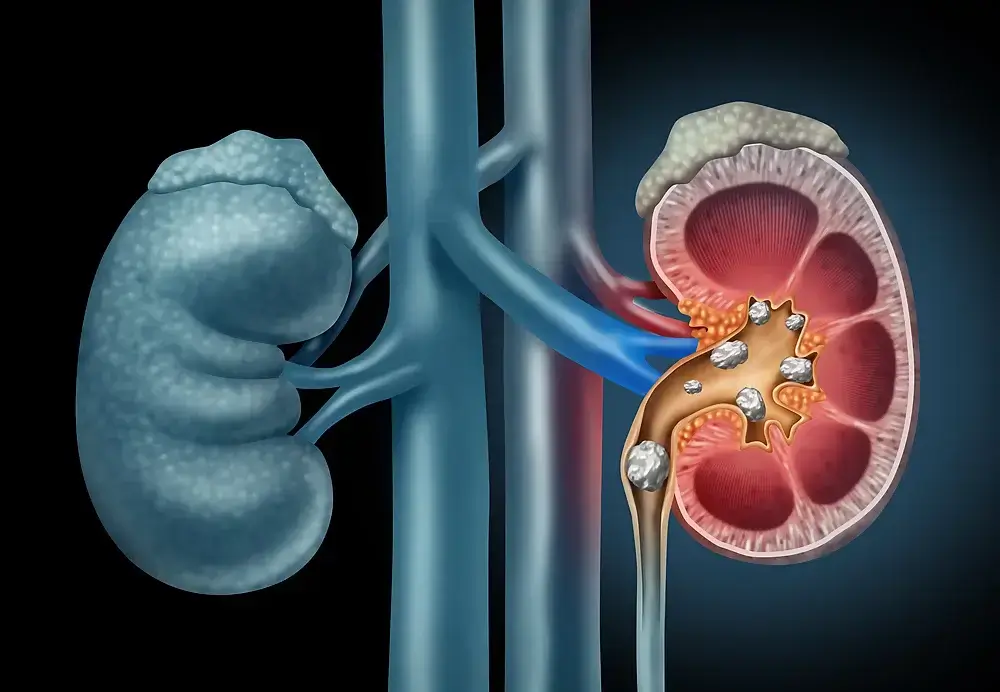
Headaches
Headaches are one of the most common ailments. They can range from a mild, occasional annoyance to an intense, chronic pain. Headaches can be caused by a variety of factors, including stress, allergies, hormones, overuse of medications and even changes in the weather.
Symptoms of a headache can include throbbing or pulsing pain on one or both sides of the head; general pressure around the head; tenderness in the scalp, neck and shoulders; sensitivity to light and sound; nausea; and blurred vision. There are several treatments available for headaches, depending on the type and severity.
There are many different types of headaches and people can experience them for many different reasons. Some headaches are caused by a structural problem with the head and need treatment by a doctor. Other headaches are caused by a problem with the nerves in the head.
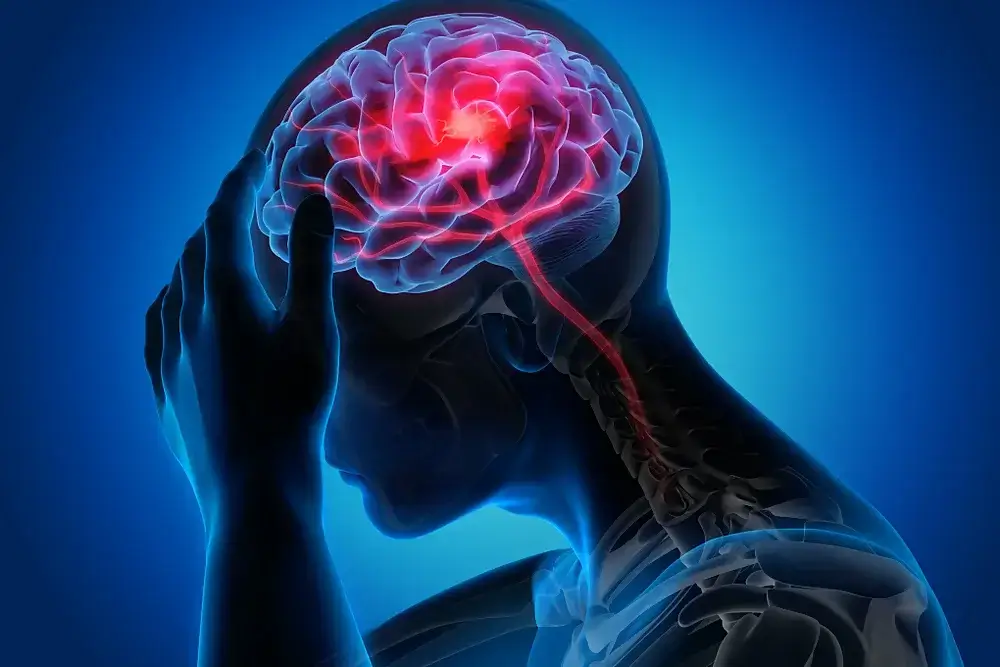
Migraines
Migraines are a type of severe headaches that can last anywhere from a few hours to several days. They often cause throbbing or pulsating pain on one side of the head, and can be accompanied by other symptoms such as nausea, vomiting, sensitivity to light and sound, blurred vision, difficulty concentrating and fatigue. Triggers for migraines may include stress, certain foods or drinks, hormonal changes in women, bright lights or loud noises.
Migraines are a type of headache. They are very common and can last from 4 to 72 hours. Migraines can be mild or very severe. The pain is usually on one side of the head, and can be accompanied by nausea, vomiting, and sensitivity to light and sound.
For women, migraines usually occur during the menstrual cycle, during childbirth, or after a head injury. The pain is usually severe, and often includes a throbbing sensation on one side of the head.
Migraines are a debilitating and often chronic headache disorder. While there are many potential treatments, including medication, lifestyle changes, and complementary therapies, only a minority of people find relief with these approaches.

Pyelonephritis
Pyelonephritis is a serious kidney infection caused by the bacterium Pseudomonas aeruginosa. It is most common in people who are hospitalized or have a weakened immune system, but it can also be contracted from contaminated water, soil, or saliva. Symptoms of pyelonephritis include fever, chills, headache, and weakness.
If left untreated, pyelonephritis can lead to permanent kidney damage. Pyelonephritis is an infection of the kidneys and can be caused by a variety of bacteria. Pyelonephritis is most common in people age 65 or older and is more common in men than women.
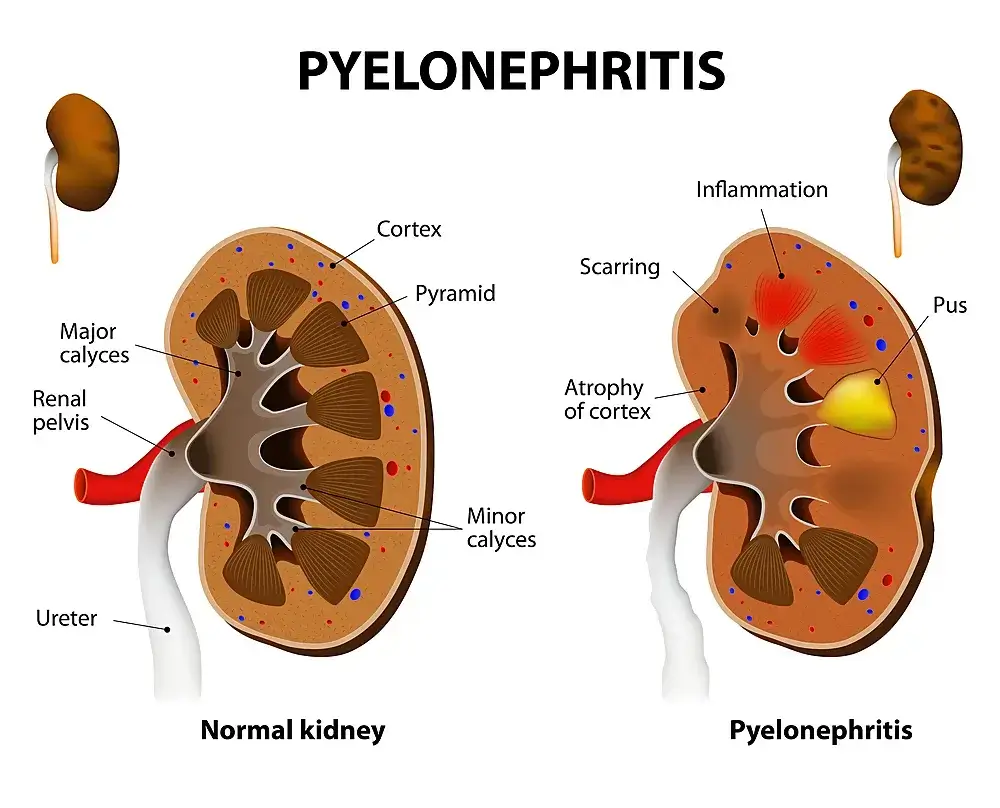
Sciatica
Sciatica is a condition that can cause pain down the back of one or both legs. The pain may be constant or it may come and go.
Sciatica may be caused by a number of things, including an injury or trapped nerve. Sciatica symptoms can vary, but they often include severe pain in the back and leg, numbness or tingling, and difficulty walking.
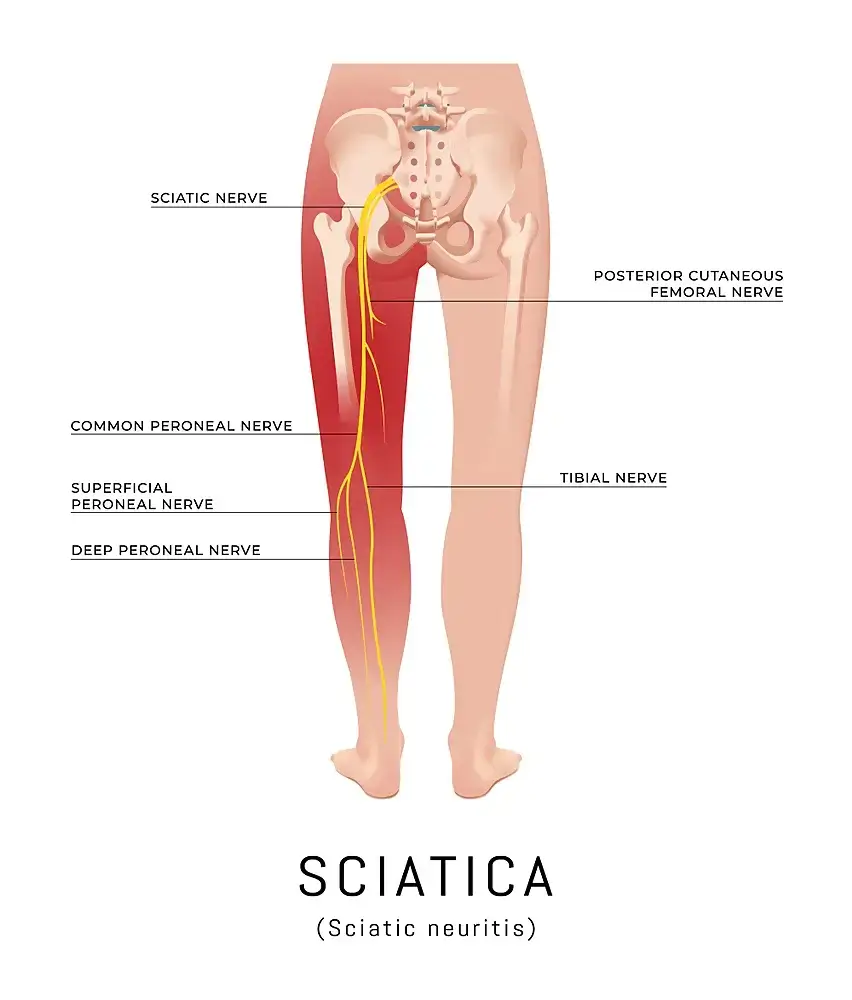
Thoracic Outlet Syndrome
Thoracic Outlet Syndrome (TOS) is a condition characterized by pain or discomfort in the shoulder, neck and arm caused by compression of the nerves, arteries and/or veins in the thoracic outlet. It can cause shortness of breath, fatigue, and chest pain.
The condition is caused by a variety of factors, including obesity, excess weight around the neck and upper back, age, pregnancy, surgery, congenital abnormalities, smoking, tight clothing, and repetitive use of the neck and shoulder muscles.
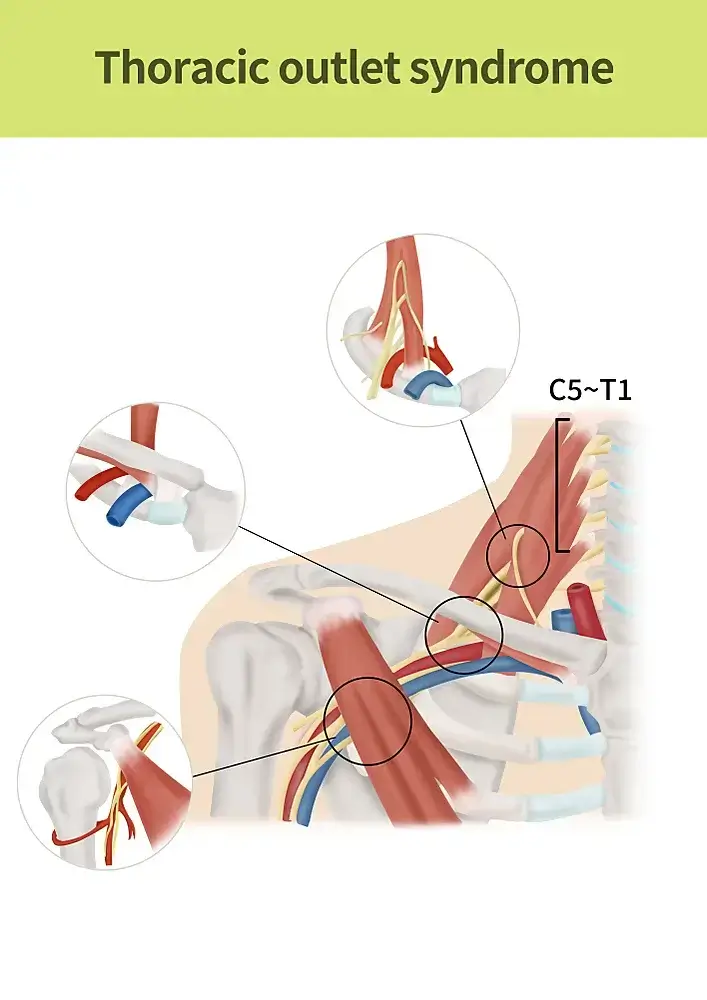
Trigeminal Neuralgia (TN)
Trigeminal neuralgia (TN) is a chronic pain condition that affects the trigeminal nerve, which runs along the side of your face and connects the brain and the face.
The pain can range from mild to severe and can be located on one side of the face, in both eyes, or all over the head. TN is caused by an inflammation of one or more of the nerve roots that feed the trigeminal nerve.
Trigeminal neuralgia is a debilitating disorder caused by compression of the trigeminal nerve. This nerve supplies sensation to the face, including the mouth and nose. The disorder is most common in women in their late 30s to early 50s, and is 5 times more likely to occur in women than in men.
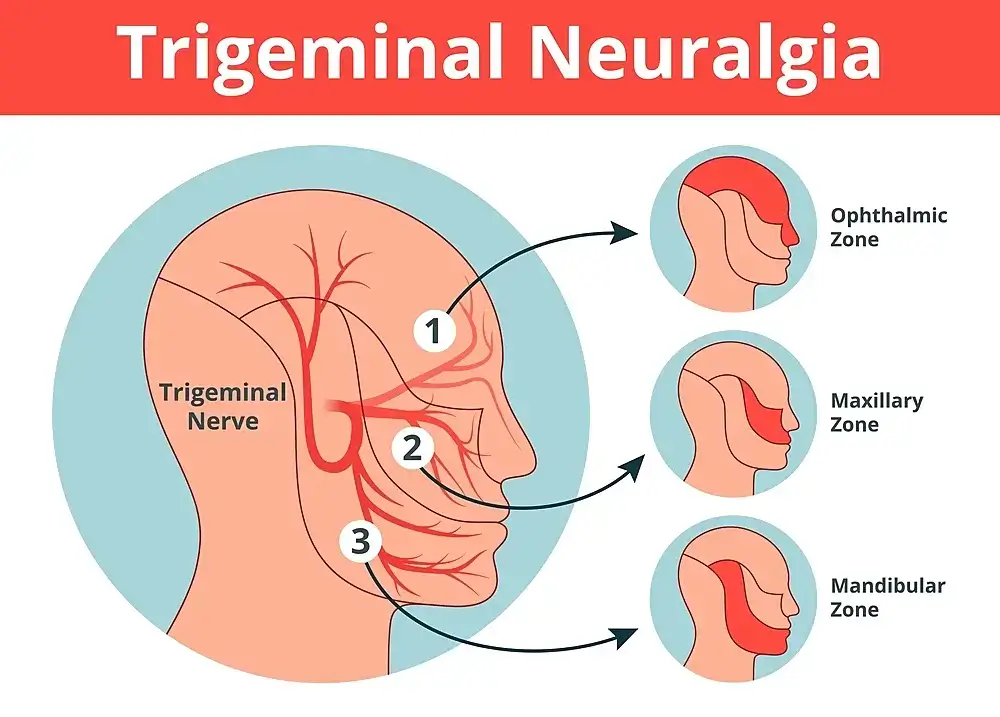
Urinary Tract Infections (UTI)
Urinary tract infections (UTIs) are the most common type of infection in women. They occur when bacteria from the environment or your own body get into your urinary tract, which can happen when you have intercourse, drink water from a contaminated source, or use the bathroom while you have a UTI. The symptoms of a UTI can vary depending on the location of the infection.
Urinary tract infections (UTIs) are a common infection in women and can be caused by a variety of organisms, both bacterial and fungal. Symptoms can include frequent urination, urgency to urinate, burning on urination, and a feeling of fullness after urinating.
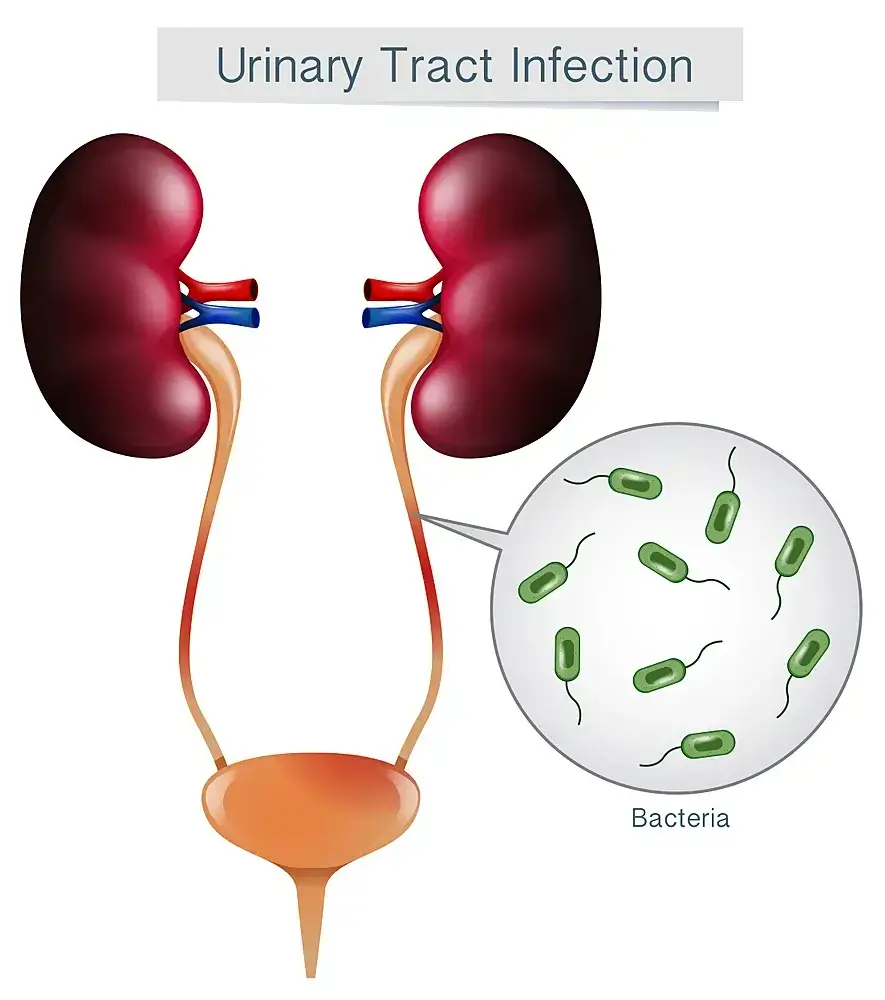
Vertigo and Dizziness
Vertigo and dizziness are common symptoms of a variety of medical conditions. In some cases, vertigo is a sign that something is wrong with the balance system in the brain. Other causes of vertigo include medications, head injuries, and certain types of tumours.
Both vertigo and dizziness can be very unpleasant and can make it difficult to perform everyday activities.
If you experience vertigo or dizziness, it is important to consult a health professional as soon as possible. Vertigo and dizziness can be caused by many different things, including head injury, Ménière’s disease, and certain medications.

Brampton Naturopath Osteopath Clinic: Naturopath Services

Women’s Health and Wellness
Naturopathic doctors often specialize in women’s health and wellness, providing preventive care and support for women during all stages of life.
- Boost Fertility Naturally
- Prenatal and Postnatal Development
- Infertility Treatment
- Menopause and Depression
- Anxiety and Depression
- Mental Health
- Endometriosis Treatment
- Acne and Eczema
- Uterine Fibroids, Back Pain
- Leaky Gut Syndrome
- Weight Loss
- HPV and Cervical Treatment
- Bacterial Vaginosis Treatment

Men’s Health and Wellness
Men’s health and wellness is vitally important. Not only does the health of men directly affect their families, but it also has a significant impact on society as a whole.
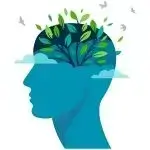
Mental Health
Holistic approach may be particularly beneficial for people with mental health concerns, as it can help to address the underlying causes of their symptoms.
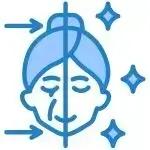
Integumentary System, Skin Conditions
Naturopathic doctor specializes in the integumentary system, which includes the skin, hair, and nails. Naturopathic doctors can treat a variety of skin conditions, such as acne, eczema, and psoriasis.
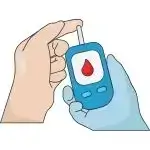
Endocrine Conditions
Some of the most common endocrine conditions that naturopaths help to treat include diabetes, thyroid dysfunction, and adrenal fatigue.

Cardiovascular Conditions
Naturopathic doctors provides holistic care and are able to help people with a wide range of cardiovascular conditions.
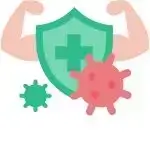
Autoimmune Disorders
An immune system condition is any condition that affects the immune system. This can include things like infections, autoimmune diseases, and allergies.
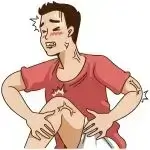
Rheumatologic and Musculoskeletal Conditions
Rheumatologic and musculoskeletal conditions are a type of medical problem that can cause pain, inflammation, and limited movement in the joints.
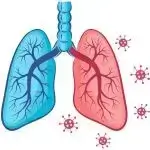
Respiratory System Conditions
A naturopathic doctor (ND) holistic approach that focuses on the whole person, rather than just the symptoms of the illness. Naturopaths believe that the body has an innate ability to heal itself.
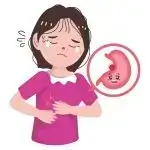
Gastrointestinal Conditions
A naturopathic doctor for gastrointestinal conditions typically uses a variety of natural therapies to help restore the health of the gastrointestinal tract.
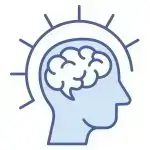
Neurology and Pain Management
Naturopathic doctors are trained in a variety of natural therapies which can be used to help treat neurological conditions. Some of these therapies include botanical medicine, homeopathy, and acupuncture.
If you liked this content and found it to be informative, please rate it.

